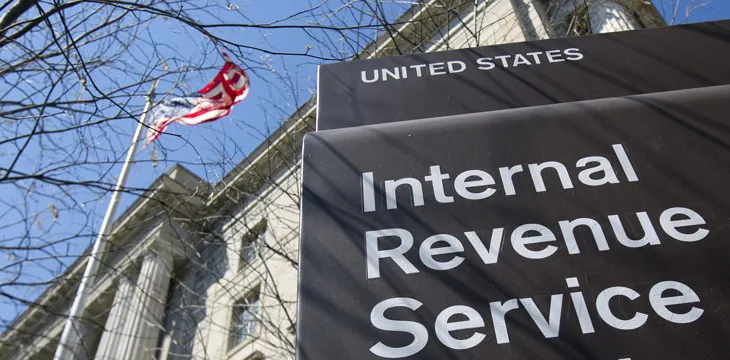|
Getting your Trinity Audio player ready...
|
Five legislators in the United States have sent an open letter to the Internal Revenue Service (IRS), urging the tax agency to update its cryptocurrency tax guidelines.
The letter, sent last Wednesday, was the second of its kind from the House of Representatives’ Committee on Ways and Means. The first letter, sent on May 17, 2017, asked the IRS for its comprehensive strategy on digital currencies.
Now, representatives including David Schweikert, Darin LaHood, Kevin Brady, Lynn Jenking, and Brad Wenstrup are asking IRS Acting Commissioner David Kautter “to issue updated guidance, providing additional clarity for taxpayers seeking to better understand and comply with their tax obligations when using virtual currencies.”
In their latest letter, the bureaucrats stated that ever since the introduction of cryptocurrencies in the market, the IRS has struggled with how best to treat cryptocurrencies for tax purposes.
They believe the IRS has made “enforcement a priority,” making “robust enforcement actions on a number of fronts, instead of making the public understand everything they need to know about cryptocurrency taxation. In March, the IRS reminded the public to fill their returns or to face penalties or criminal responsibilities. The letter seems to suggest that it is improper to impose enforce penalties and criminal charges against individuals who do not understand what they are required to do. The lawmakers want the agency to take the responsibility and ensure they do not punish the public needlessly for owning cryptocurrencies.
“While the Committee appreciates the IRS’s need to undertake enforcement actions to ensure that taxpayers generally meet their tax obligations, in this case, we are concerned that the IRS is seeking to enforce guidance that does not adequately advise taxpayers of their tax obligations when using virtual cunencies,” the letter noted. “Furthermore, while the issues surrounding virtual currencies are complicated and ever evolving, a key component of the IRS’s duties as the nation’s tax administrator is to assist taxpayers in understanding what their tax obligations are and how they may best meet them.”
IRS first imposed taxation on cryptocurrencies in 2014. During this time, only a few cryptocurrencies were being used to make a transaction. The legislators believe it is high time the IRS makes changes to adapt to the changes in the market.

 07-12-2025
07-12-2025 





